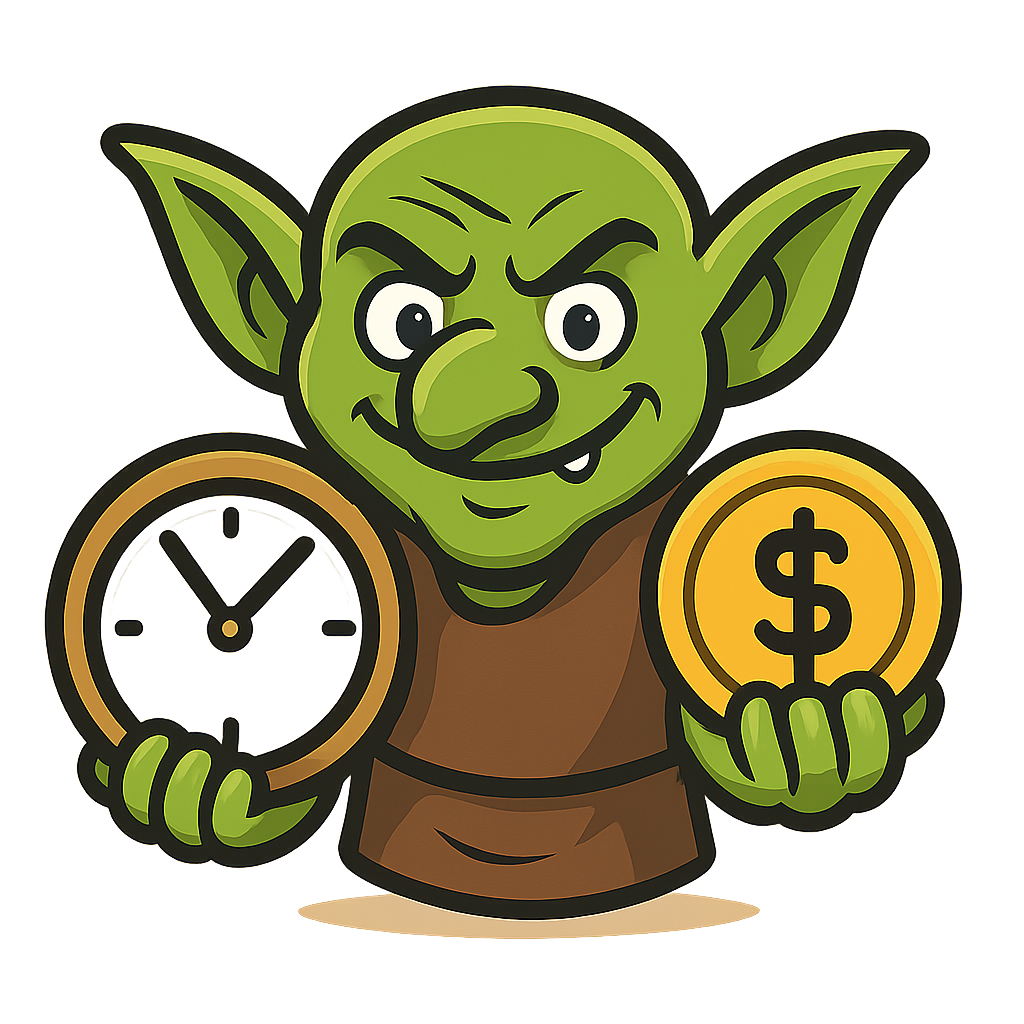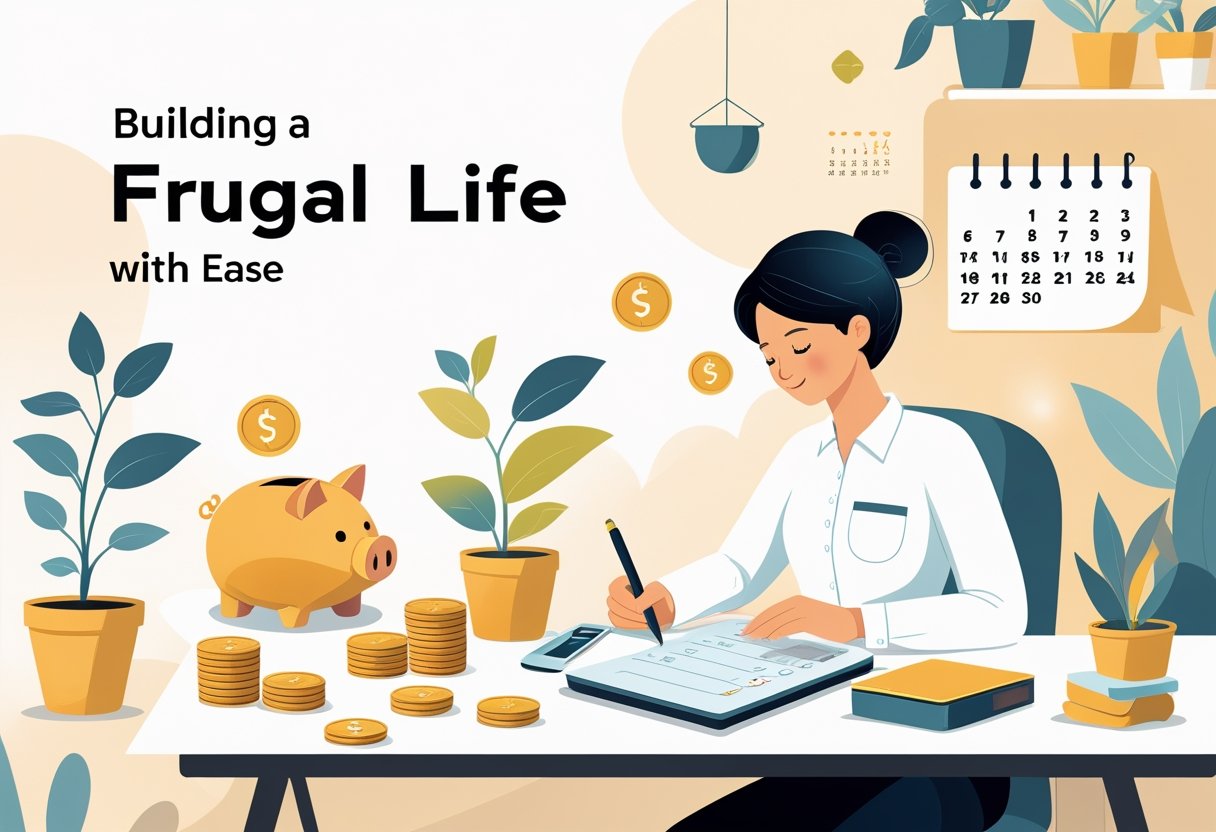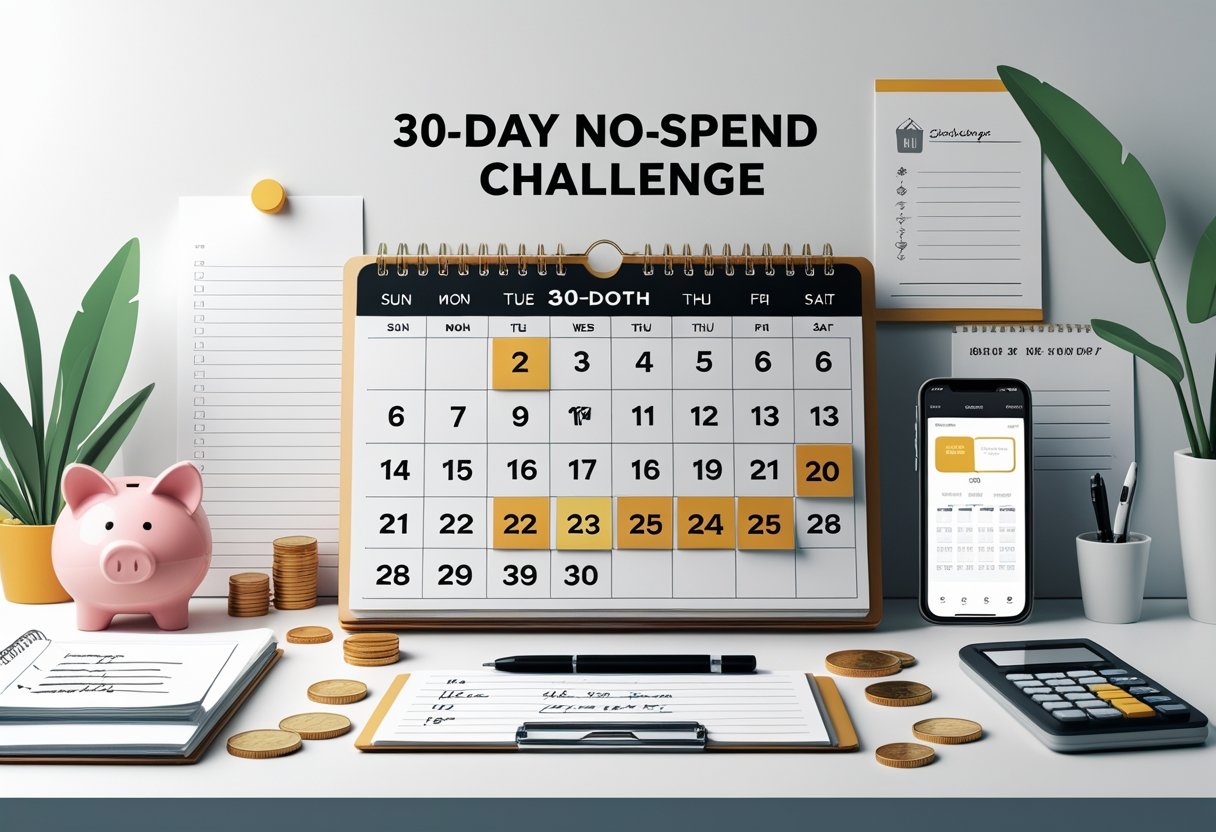Commercial cleaning products are loaded with harsh chemicals. They can irritate your skin, trigger allergies, and honestly, the costs pile up fast.
Free Skills You Can Learn Online This Month: 5 Budget-Friendly Personal Development Opportunities
Personal development doesn't have to mean dropping hundreds on
fancy courses or hiring a coach. Plenty of solid educational platforms
out there let you learn new skills for free—and honestly, some of them
are surprisingly good for boosting your career or just growing as a
person.
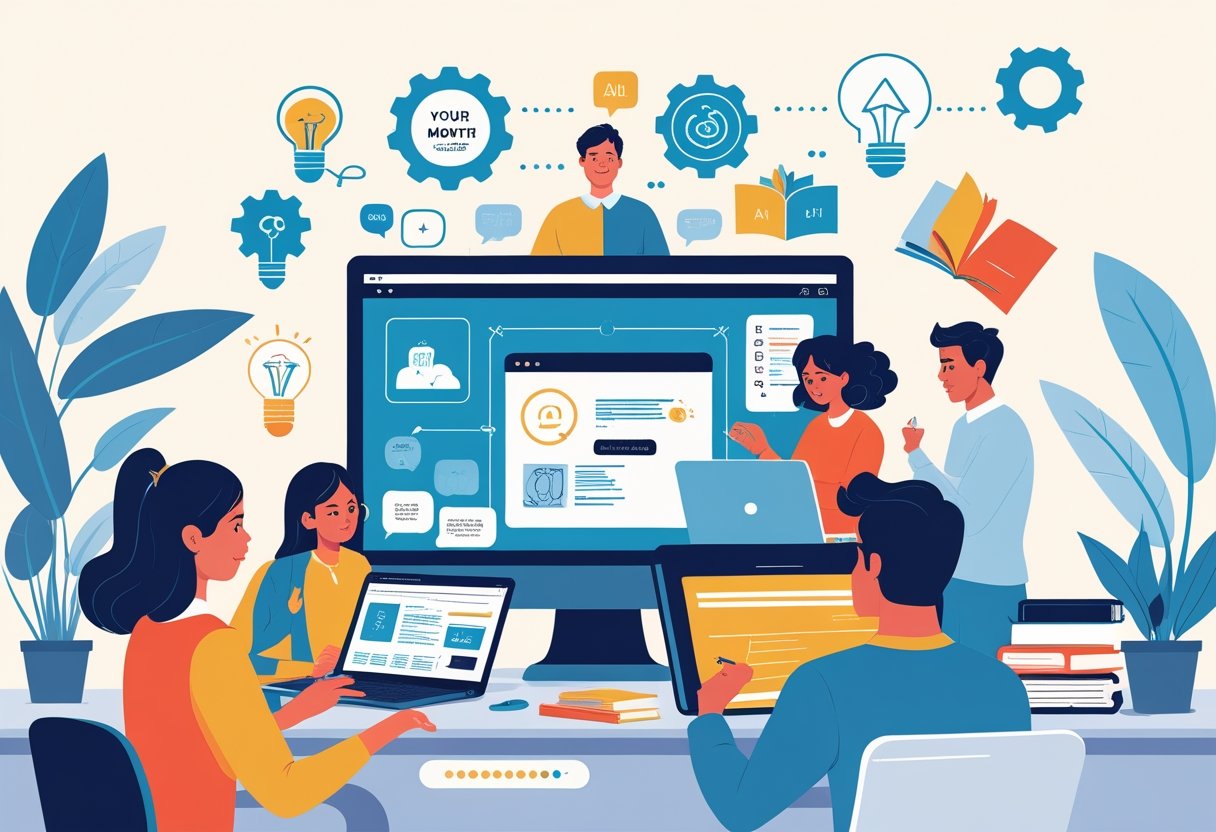
Online learning platforms open up thousands of free courses, from communication to financial literacy. You'll find resources from big-name universities, professional groups, and legit companies. Most of these spots even offer certificates—no need to empty your wallet for a little extra credibility.
1) Coursera: Free personal growth and professional development courses from top universities
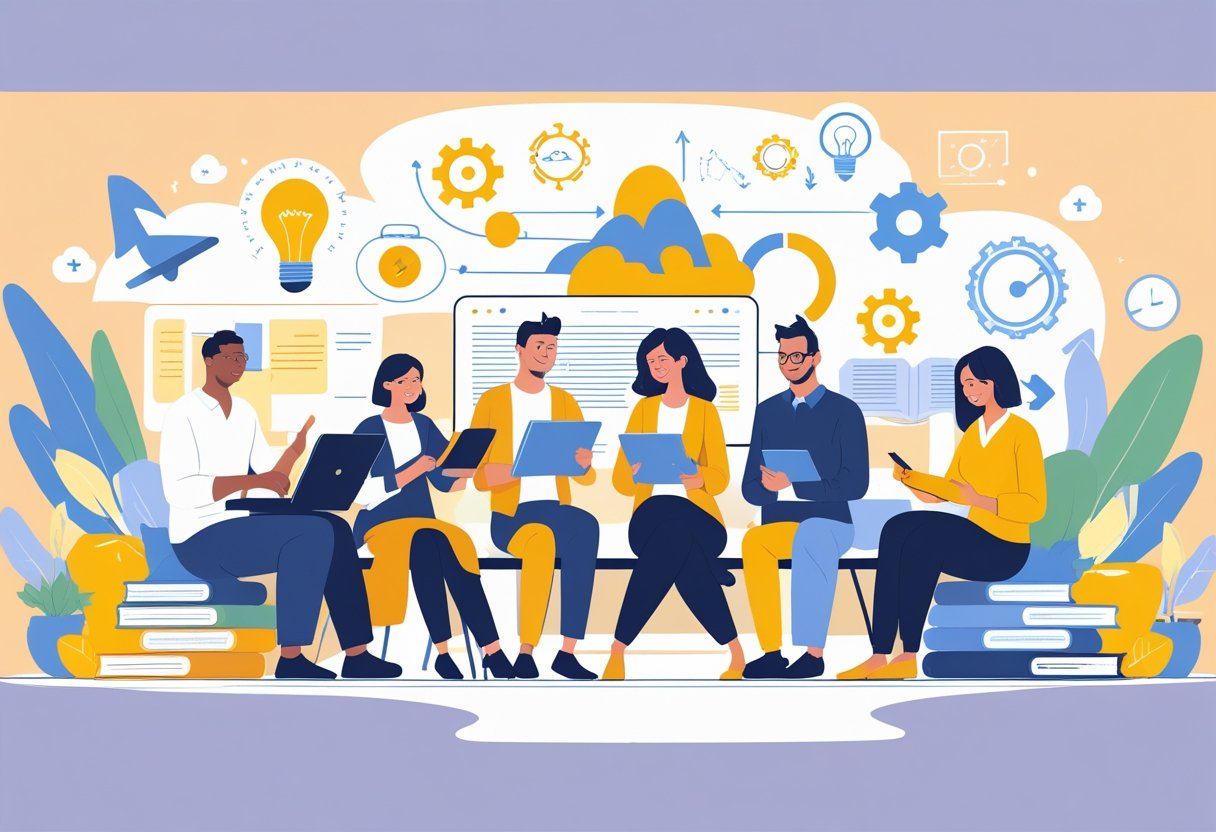
Coursera puts thousands of courses from places like Stanford, Yale, and Duke right at your fingertips. You can dive into lectures, assignments, and all the materials for free.
The site covers a bunch of personal development topics. Emotional intelligence, leadership, and time management are always popular.
If you're looking for professional development, there's data analysis, project management, and digital marketing too. Instructors actually know their stuff, which helps.
Most courses offer certificates when you finish. The paid certificates cost extra, but you can just audit the classes for free and still pick up the knowledge.
Some courses run at your own pace, while others have weekly lessons. Usually, it takes 4-6 weeks to complete a course if you put in a couple of hours each week.
The mobile app is handy for sneaking in lessons during your commute or on lunch breaks. You can even download videos and readings for offline study.
Universities keep the standards high, just like their paid classes. There are plenty of real-world case studies and hands-on exercises to make it feel practical.
Coursera keeps things fresh by updating their catalog every month. Lately, they've added more courses in areas like AI and sustainability, which is pretty cool.
2) LinkedIn Learning: Access thousands of business and creative courses free via many public libraries
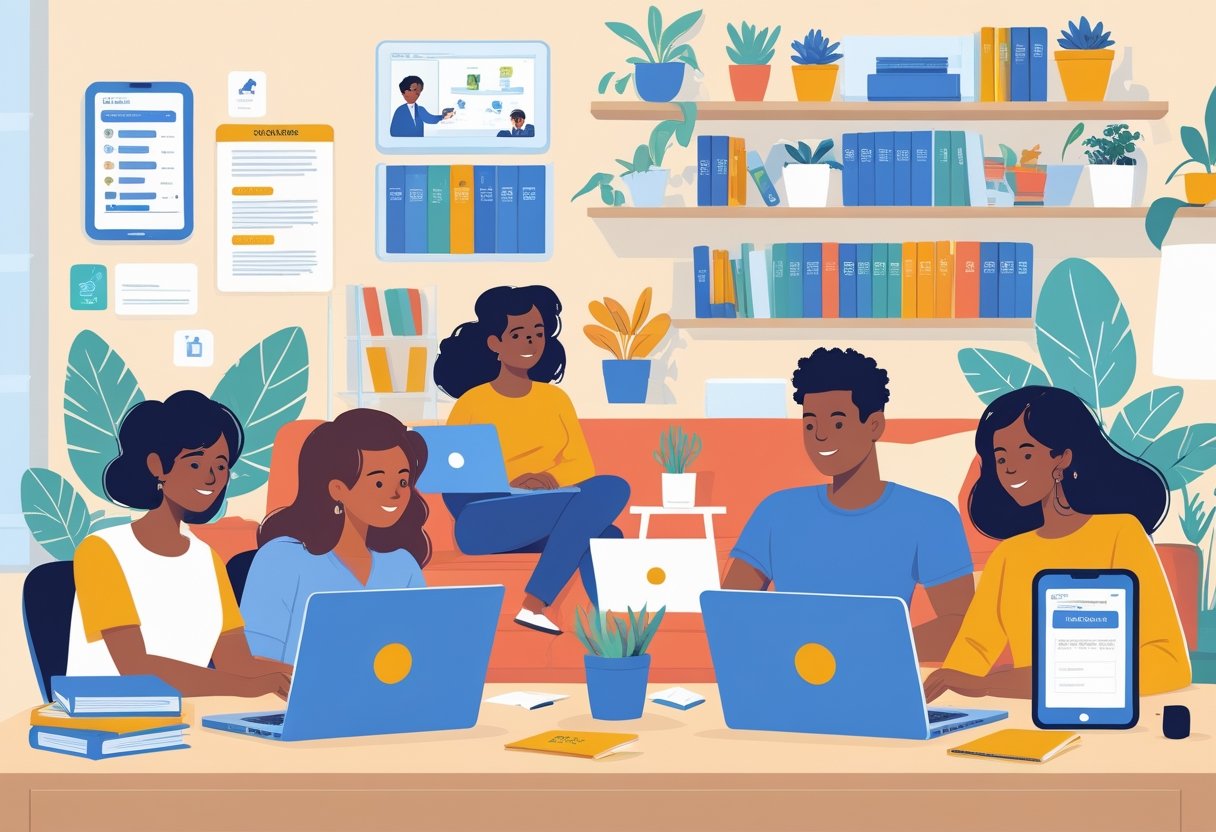
Did you know tons of libraries give you free access to LinkedIn Learning? All you need is a library card and you can unlock the whole catalog through your library's site.
There are over 20,000 courses—business, tech, creative stuff, you name it. Project management, data analysis, graphic design, programming... it's all there.
Industry experts teach through video lessons. You can pause, rewind, and download materials for offline viewing, which is honestly a lifesaver sometimes.
Most libraries link to LinkedIn Learning in their digital resources section. Just log in with your card and you're set, as long as you've got an internet connection.
Courses start at beginner and go all the way to advanced. Each one mixes in practical exercises and real examples, so you're not just memorizing theory.
When you finish a course, you can grab a LinkedIn Learning certificate. It's easy to add these right to your LinkedIn profile to show off to employers.
Library access gives you pretty much all the perks of a paid subscription. Unlimited courses, no time crunch—learn whenever you want during your borrowing period.
This is a goldmine for career development and leveling up your skills. Especially if you're job hunting or want to stand out at work.
3) edX: Learn in-demand skills and earn free certificates from leading universities worldwide
edX teams up with places like Harvard, MIT, and Stanford to offer top-notch online courses. You can explore thousands of classes in tech, business, science, and humanities—no payment needed.
The platform hands out verified certificates for finished courses. These show the university name, which looks pretty good on LinkedIn or your resume.
Some of the most popular free classes? Computer science basics from Harvard, data analysis from MIT, and business courses like project management and entrepreneurship.
edX lets you work at your own pace with flexible schedules. Most classes mix video lectures, interactive stuff, and peer discussions, so you're not stuck just reading slides.
With the audit track, you can access all the materials and assignments for free. You do the same work as paying students, but you don't get charged for the certificate.
Want to learn coding? They've got Python and Java. More business-minded? There's digital marketing, supply chain management, and financial analysis.
edX doesn't mess around with quality. Universities design the courses, and sometimes you'll even get the same professors as the on-campus crowd.
4) Alison: Free certification courses in communication, management, and digital skills
Alison offers over 4,000 free courses in all sorts of professional areas. They really focus on practical skills that employers actually want right now.
Try the communication courses for public speaking, business writing, or just getting better at conversations. You'll pick up tips for presentations and professional emails, too.
Management training covers project management, team leadership, and strategic planning. If you're aiming for a supervisor role, this could help sharpen your edge.
Digital skills are a big deal here—social media marketing, data analysis, and even basic programming. If you're curious about graphic design or web development, you'll find those, too.
Courses come with video lessons, readings, and quizzes. Pass everything, and you'll get a certificate you can actually show off.
To get certified, you have to pass the final assessment. The certificate includes your name, the course, and when you finished—makes it feel a bit more official.
Alison works with publishers and schools to build their classes. Sometimes, industry pros help out with the curriculum or even teach parts of the course.
Some classes take just a couple of hours, while others stretch out for weeks. You can move at your own pace—no crazy deadlines here.
The platform keeps tabs on your progress and gives you analytics. You can use Alison on desktop, tablet, or mobile, so it's easy to fit in when you have a spare moment.
5) Khan Academy: Practical courses on finance, productivity, and personal development fundamentals
Khan Academy digs deep into personal finance, with lessons on budgeting, investing, and retirement. They break down stuff like compound interest, credit scores, and debt management in a way that actually makes sense.
Want to get more productive? There are time management courses that cover goal-setting and organization tricks you can actually use.
Personal development basics include growth mindset and learning techniques. You'll find practical, science-backed methods for building good habits and getting past obstacles.
Khan's finance section also explains taxes, insurance, and homebuying. The examples are simple, and interactive exercises keep you from zoning out.
Productivity classes focus on things like prioritizing and handling your to-dos. They show you frameworks for balancing work and life without losing your mind.
Every course comes with practice exercises and tracks your progress. The site adapts to how fast you learn and gives quick feedback on quizzes.
Khan Academy is totally free—no subscriptions, no surprise fees. Just set up an account, and you'll get a personalized dashboard to track everything you're learning.
Benefits of Learning Skills Online
Learning skills online can save you a ton of money and still get you access to premium content from top experts and universities worldwide. That's a pretty good deal, honestly.
Cost-Effective Personal Growth
Going online means you skip tuition, textbooks, and commuting costs. Some platforms even offer free courses from MIT, Harvard, and Stanford through MOOCs (Massive Open Online Courses).
Free platforms include:
- Coursera (audit option)
- edX
- Khan Academy
- YouTube educational channels
On average, you could save anywhere from $10,000 to $50,000 compared to a traditional degree. Plus, you can learn at your own pace—no need to quit your job or move cities.
Studying online also means you avoid opportunity costs. You can fit learning into your commute, lunch break, or evenings without sacrificing your current paycheck.
Access to World-Class Resources
These platforms connect you with industry leaders and even Nobel winners. You get the same materials as students at top universities—no need to worry about admissions hoops.
Premium resources available online:
- Interactive simulations and labs
- Real-world case studies from Fortune 500 companies
- Live coding environments
- Industry-standard software access
Geography doesn't matter anymore. Someone in a small town can learn from Silicon Valley pros or Wall Street analysts.
Courses update often to match the latest industry trends. That way, you're always picking up skills that employers actually want.
How to Stay Motivated and Track Progress
Learning something new online takes some planning and a bit of accountability if you want to stick with it. Free digital tools out there can help you track your progress and turn learning into a real habit—worth a try, right?
Setting Achievable Learning Goals
When you break skills into smaller, bite-sized objectives, things just feel less intimidating. It's easier to stay confident and actually see progress. Learners really need to pick clear outcomes they want to hit within a month—30 days feels doable, right?
Daily goals should fit into a 15-30 minute window of solid focus. If you're learning to code, maybe that means knocking out one tutorial module each day. For language learners, how about five new words per day? That's not so bad.
Weekly milestones push you a bit further. Someone diving into graphic design might try to finish a whole project every week. If digital marketing is your thing, you could spend the week getting the hang of a new platform.
Progress indicators need to be obvious and trackable. Don't just say, "get better at writing." Instead, commit to "write 500 words every day" or "finish three writing exercises this week." That's way more motivating.
The SMART framework can really keep you on track:
- Specific: Spell out exactly what you'll practice
- Measurable: Decide how you'll know you've succeeded
- Achievable: Pick goals that fit your schedule and energy
- Relevant: Make sure your goals line up with what you actually care about
- Time-bound: Give yourself a real deadline—otherwise, it's too easy to drift
Using Free Tools for Accountability
Digital platforms bring structure and motivation, and you don't have to shell out for pricey software or a coach. They're surprisingly good for keeping practice consistent.
Habit tracking apps like Habitica or Streaks let you see your progress at a glance. You tap to mark off learning sessions and, honestly, watching those streaks grow feels weirdly rewarding.
Plenty of these apps nudge you with reminders, just in case you forget.
Calendar blocking turns learning into something you actually schedule. Google Calendar or Outlook can hold those time slots for you.
If you color-code subjects, you'll spot your learning patterns through the week with barely any effort.
Online communities give you that nudge from real people. Reddit, Discord, or Facebook groups let you share updates and get a bit of encouragement from folks chasing similar goals.
Progress journals are great for tracking breakthroughs and those inevitable roadblocks. Notion or Google Docs work well for jotting down lessons, insights, or just venting about what's tough.
Skill-specific platforms usually bake in tracking tools. Duolingo keeps tabs on your language streaks.
Codecademy marks your coding progress, and Khan Academy flashes badges and course completions so you can see how far you've come.
The start of a new year always feels like a fresh shot at getting your money right. It's a chance to look at how you've been spending and try some changes that could actually stick.
The holidays bring joy and connection, but let's be honest—they can bring financial headaches too. Plenty of families overspend at Christmas, and nobody wants debt hanging around in January.
Most people think frugality means deprivation, but honestly, it's not that black and white. Building a frugal life you actually enjoy starts with changing how you think about money, not just how much you cut back.
Managing money as a couple? That's a whole different ballgame than budgeting solo. You've got two people with their own spending quirks, income levels, and dreams for the future, all trying to pull in the same direction without losing their independence.
Spending habits can spiral out of control if you're not paying attention. Before you know it, you're stressed about money and your savings account looks pretty sad.
